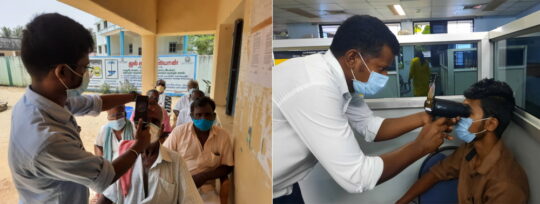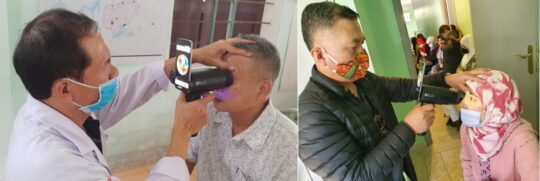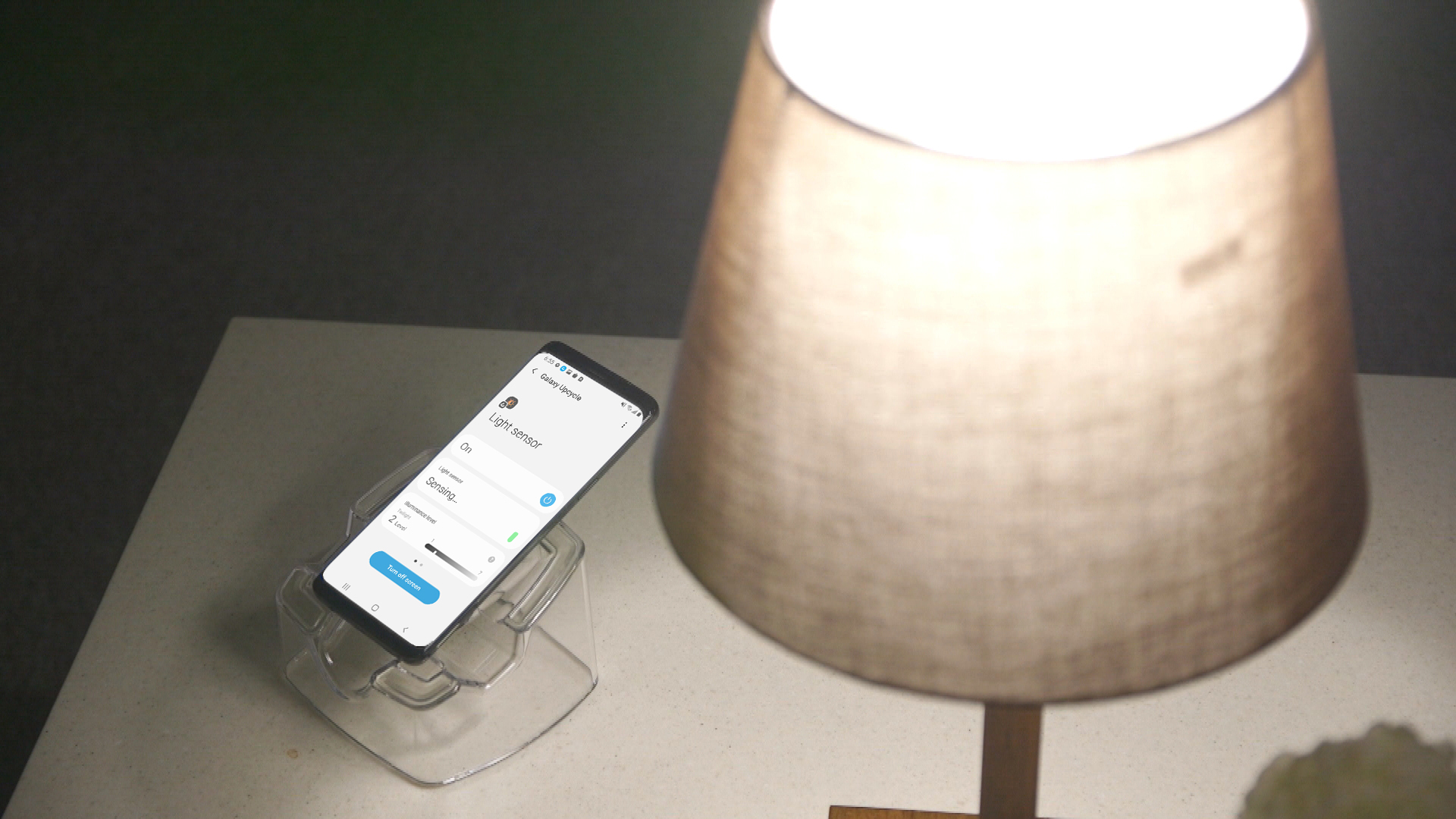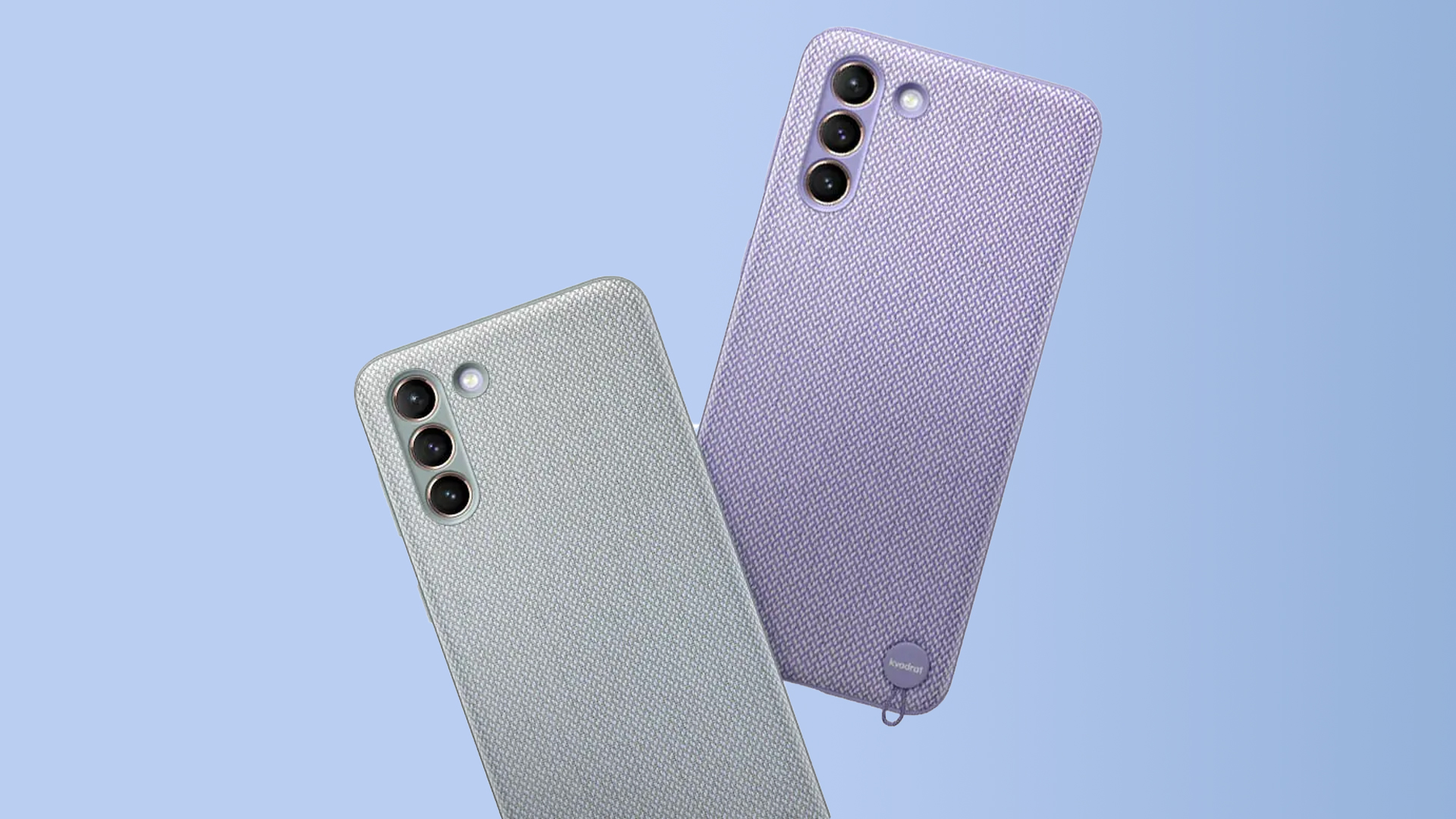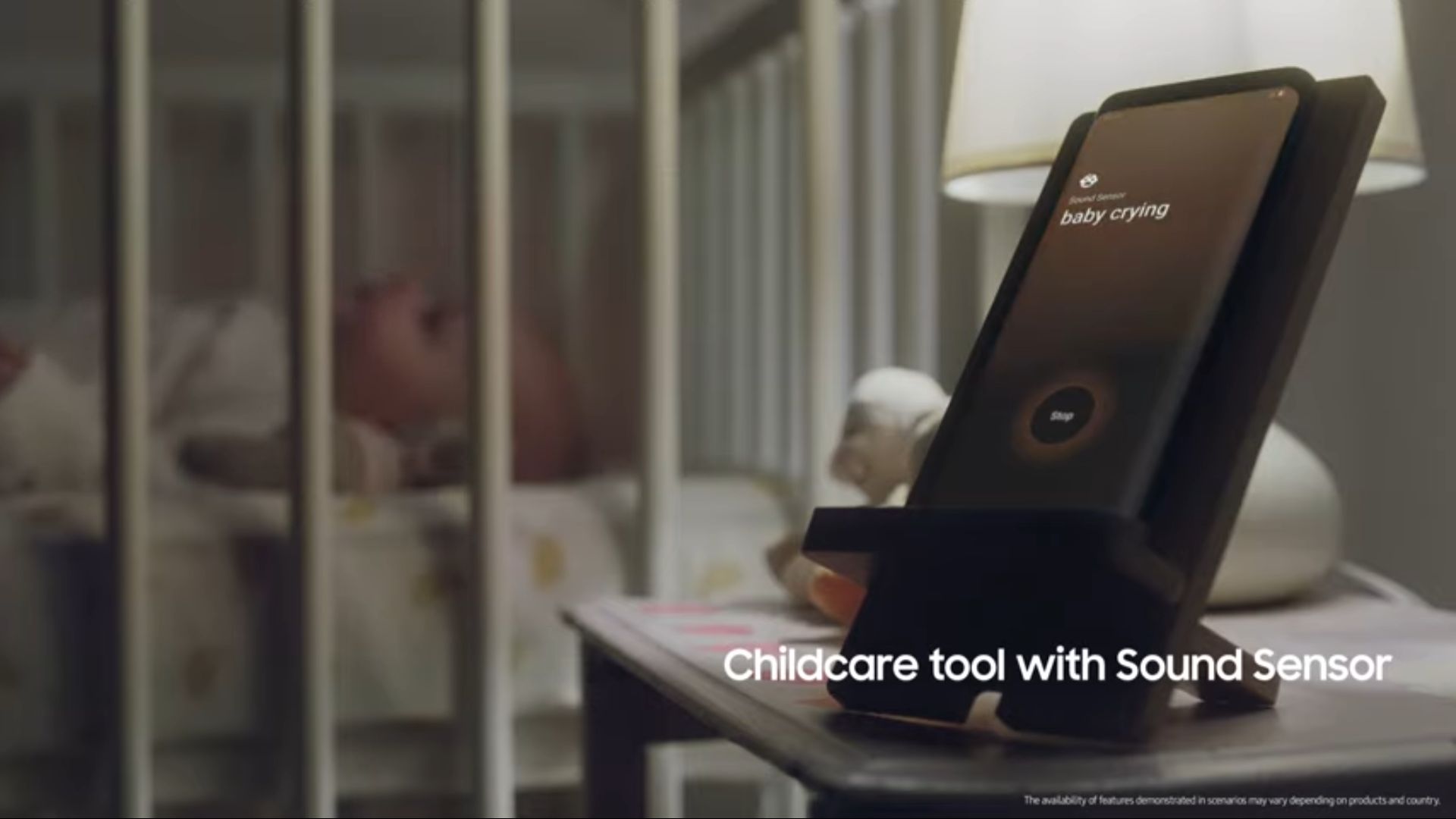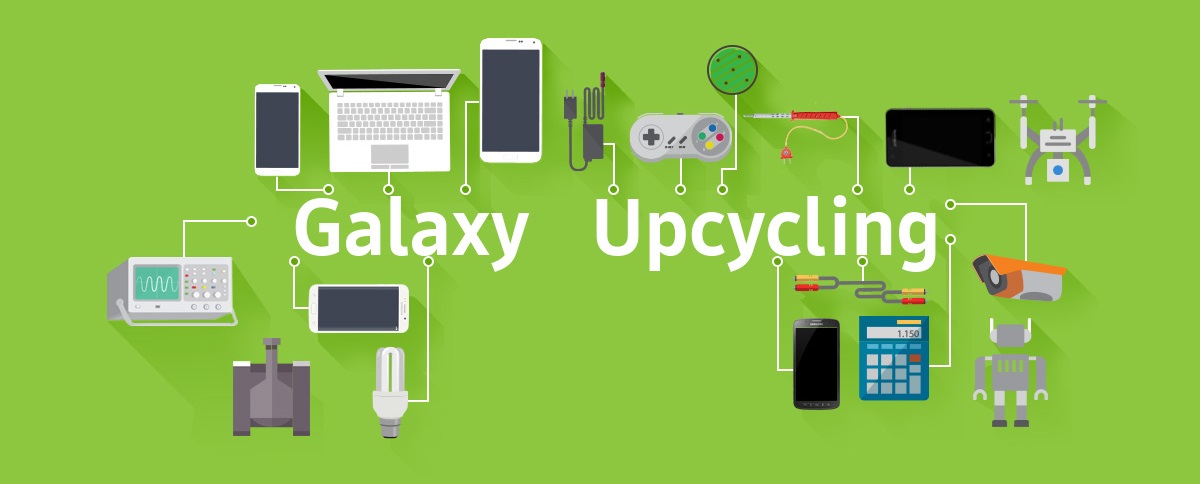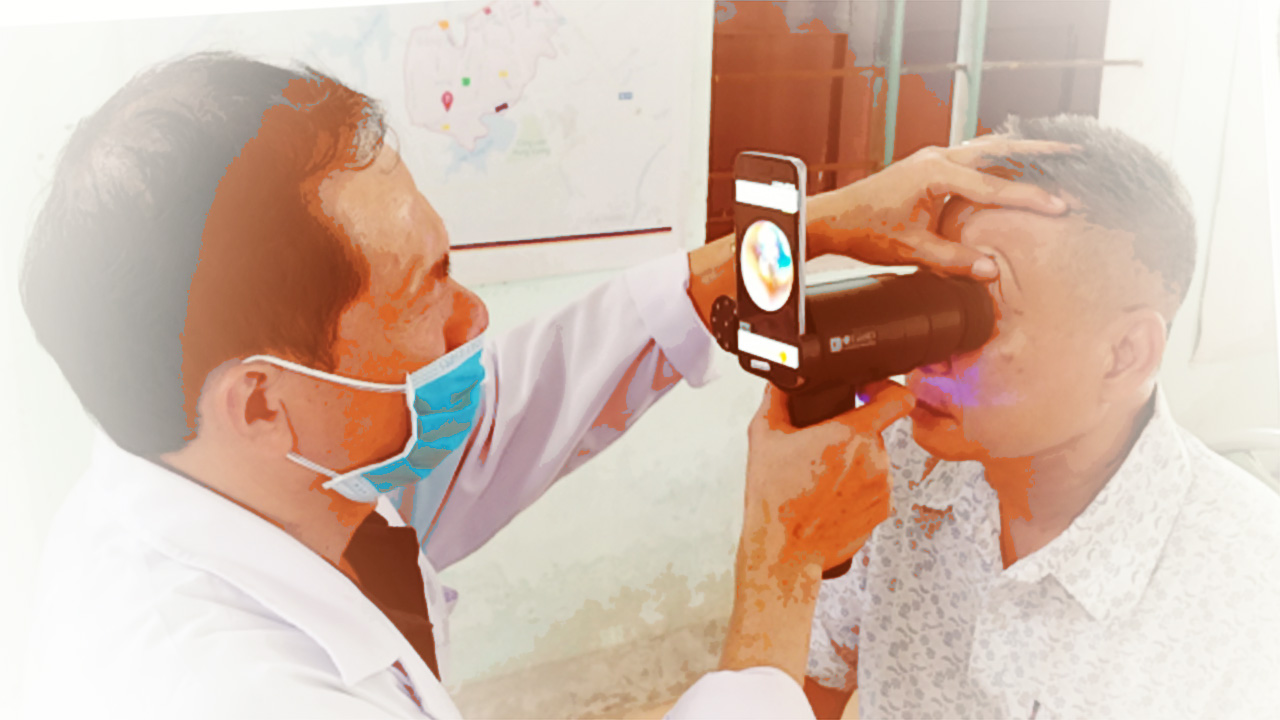
The resulting technology is called the EYELIKE Platform and has already been successfully tested in a variety of rural locales across Asia, from Papua New Guinea to Vietnam and India. Successful experiments have even been carried out in Morocco.
It's all about accessibility
While the idea for the Galaxy Upcycling program has first been coined back in 2017, it wasn't until last year that Samsung moved into the realization phase. The EYELIKE Platform is one of its first major achievements on this quest to improve the overall quality of life in the 21st century. It was pursued due to the fact that vision impairment is one today's most omnipresent medical conditions. The majority of eye disease cases are also entirely preventable, making this problem a good fit for the Galaxy Upcycling effort to tackle.
According to WHO, there is a billion of visually impaired people today who could have avoided their conditions if they were diagnosed in time. On a global level, this makes eye disease a tech accessibility problem more so than a medical one. The EYELIKE Fundus handheld camera is the next step toward addressing that situation for good. It's far from the only step toward a sustainable future that Samsung's been taking lately.














